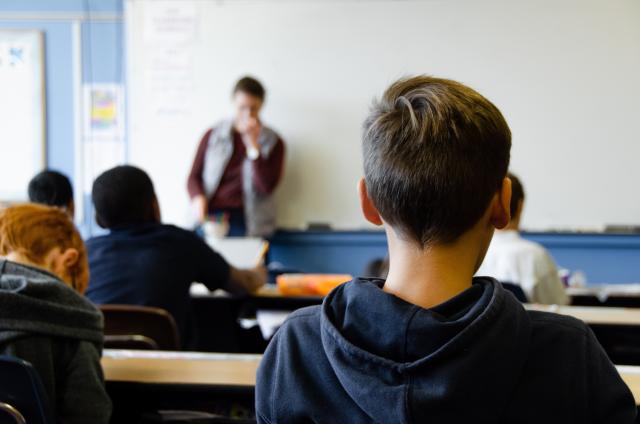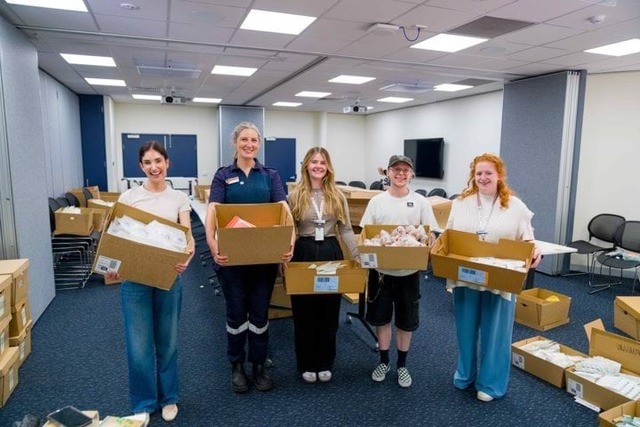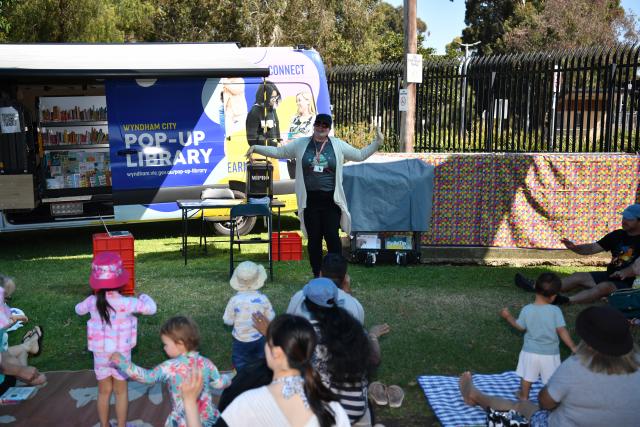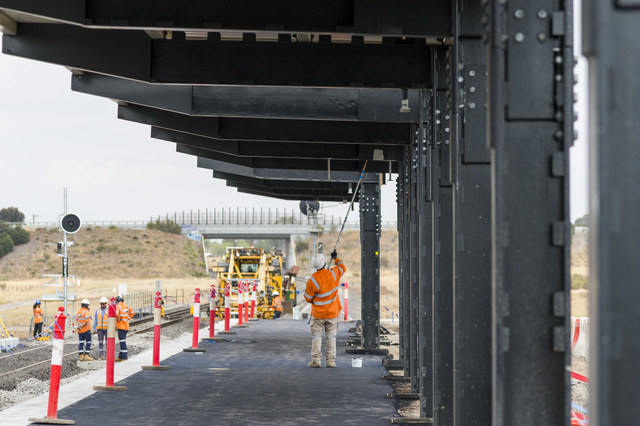According to Media Centre for Education Research Australia, on average a child will spend 8 per cent, or one year of their education taught by a casual teacher, but the essential demographic is experiencing a lack of support.
In a recent article titled “An Exploration of the Experiences of Substitute Teachers: A Systematic Review” several Australian universities researched recurring themes experienced by substitute teachers.
Lead author from Monash University, Professor Andrea Reupert explained the casual teaching cohort is an “important component in the teaching workforce,” yet described their working conditions and experiences as worrying.
Professor Reupert said this has been exacerbated by a lack of targeted support and this latest research dives into better understanding their requirements and will assist in developing policies and practices to improve conditions
They found casual teachers experience stress, anxiety and lower levels of job satisfaction when compared to full time teachers.
“Around the world, we are seeing teacher shortages as more and more people move away from the profession – discussions about teacher shortages can’t just focus on the permanent workforce. We need to look wider,” Professor Reupert said
The research discovered many substitute teachers have concerns over lack of authority, future job security, difficulty in building connections in the workplace and a lack of access to professional development.
Co-author, Professor Michele Simons said that for teachers to effectively undertake their work they need the right resources.
“This review has found that the temporary nature of their employment means that professional development opportunities and mentoring that are integral to developing practice are inaccessible for these teachers,” Professor Simons said.
“They need a proper induction into the school, and they need access to professional learning and mentoring.”
The paper also found a disparity in voicing their opinion on school decision making processes, leaving them feeling undervalued and with a feeling of marginalisation in schools they aren’t familiar with.
The research team also found that schools with higher suspension rates and lower average student achievements were less likely to find substitute teachers,with student behaviour and lack of administrative support from the school big contributing factors.

















